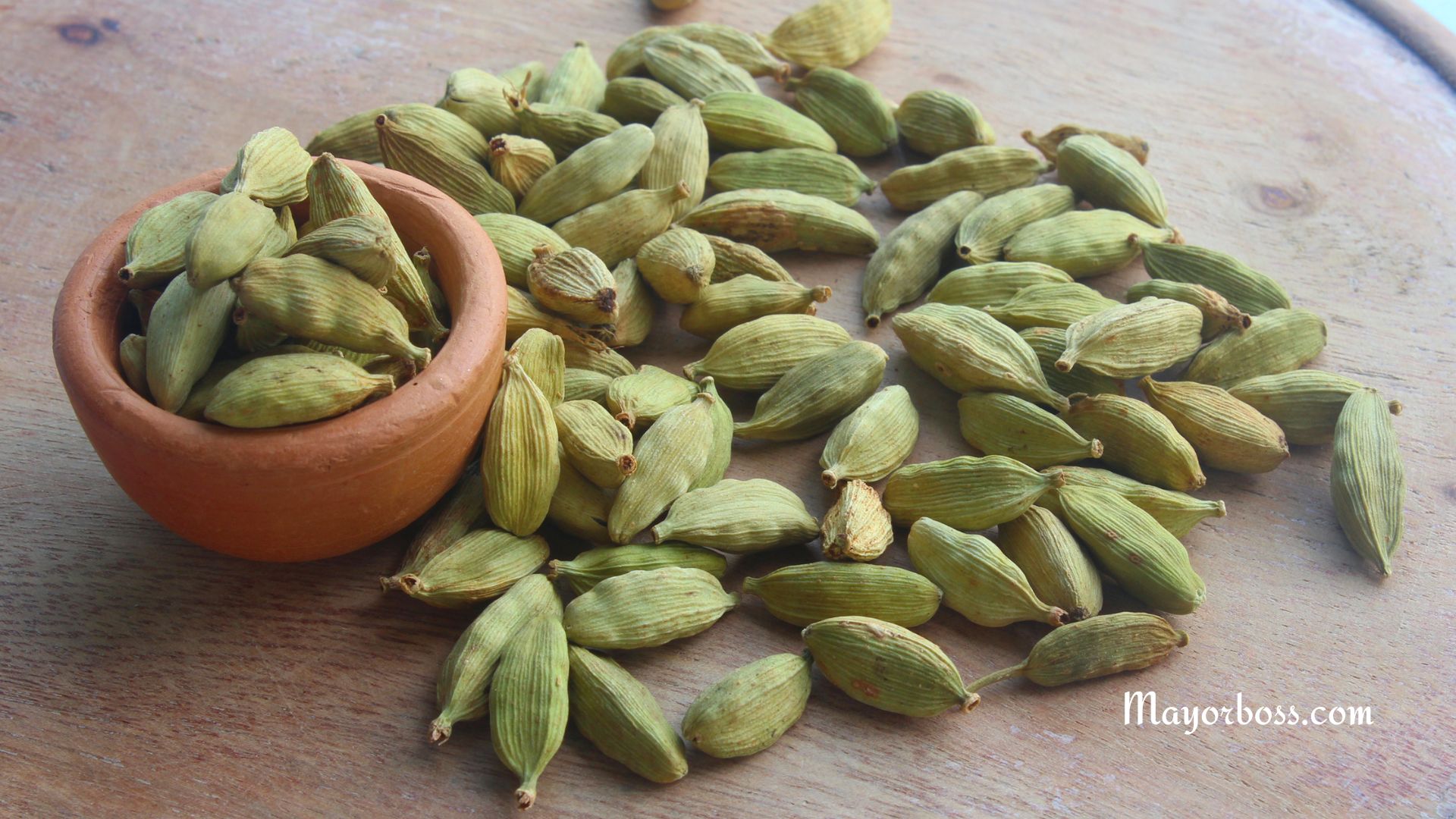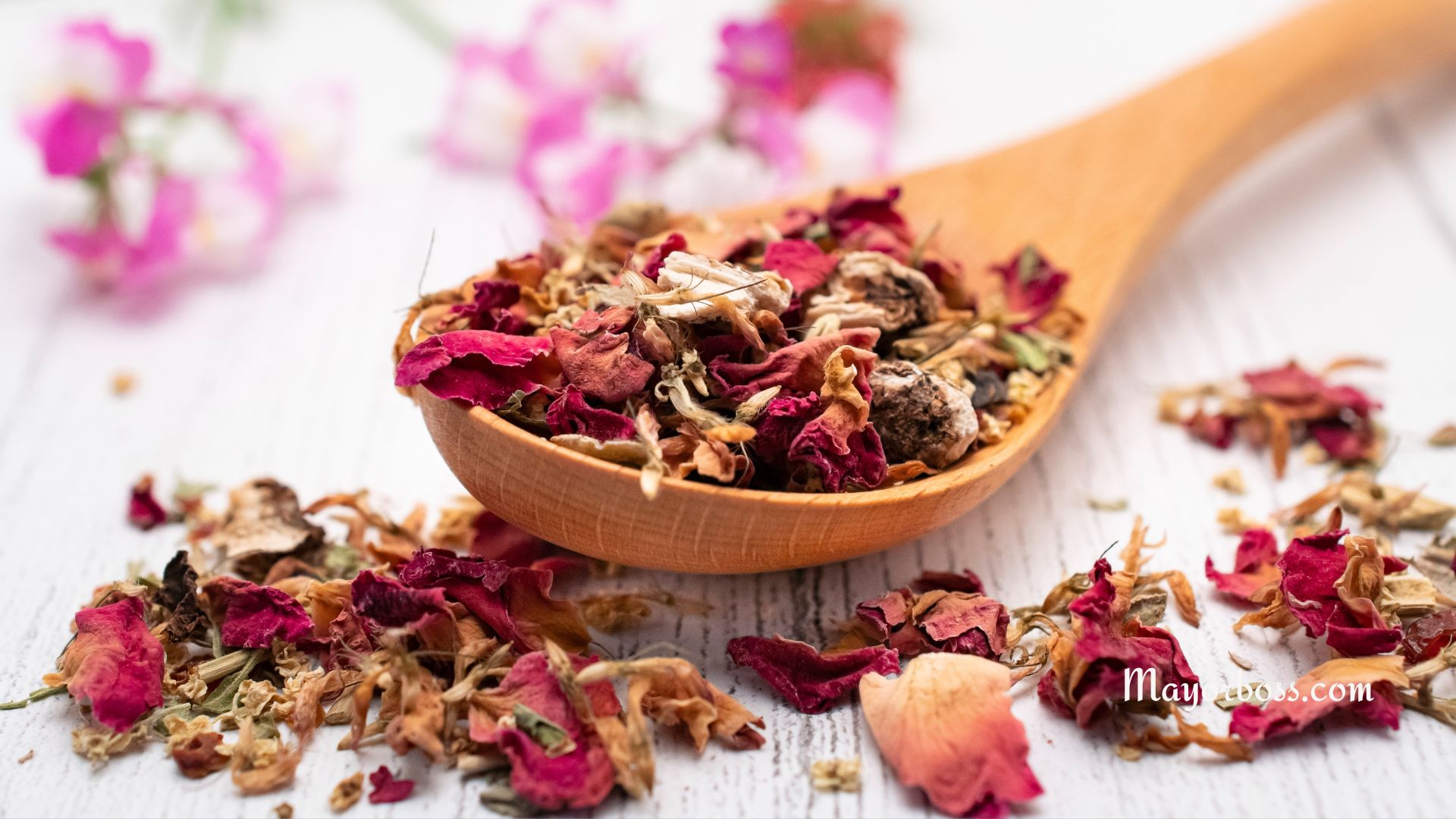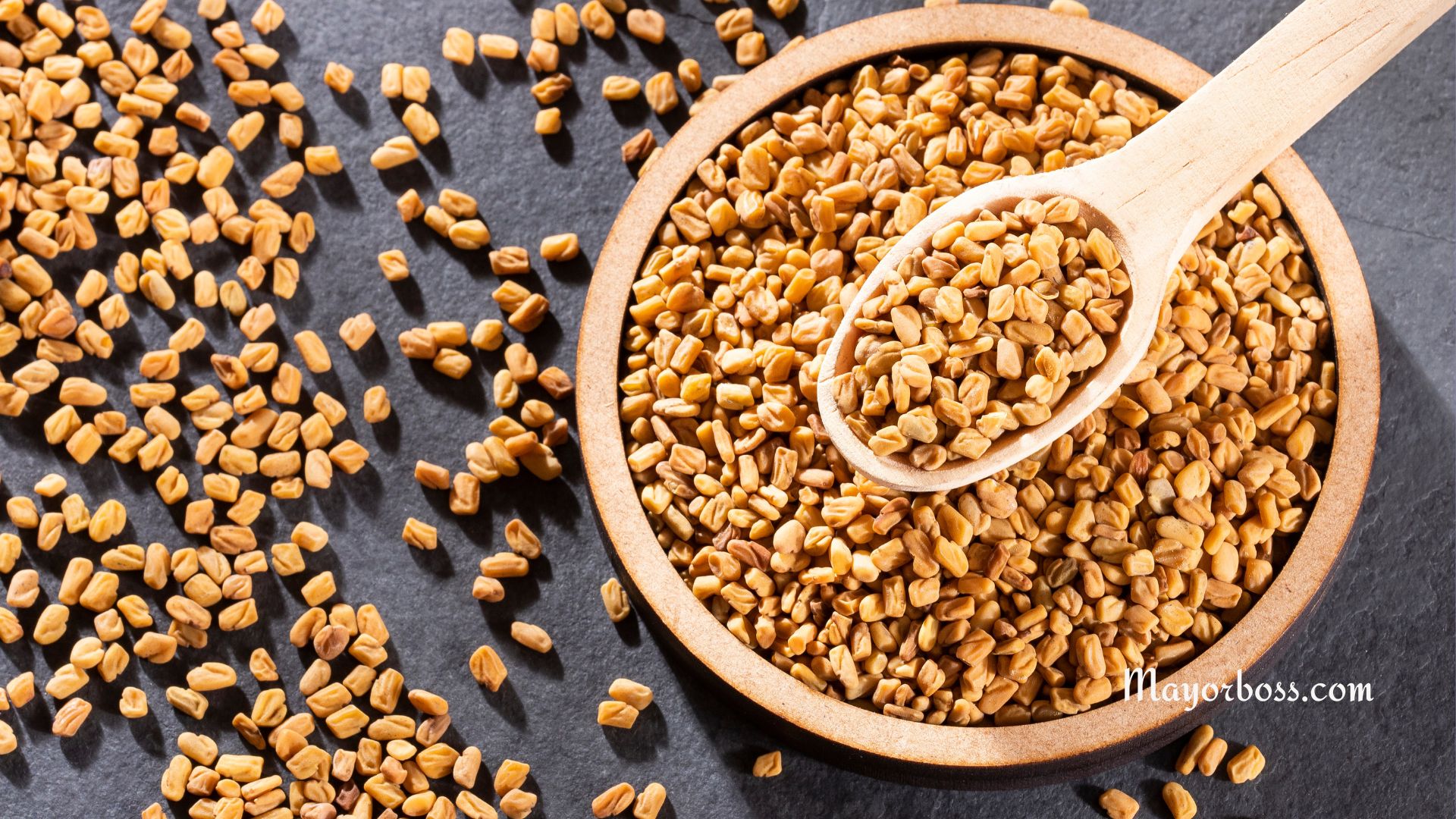20 Uses for Lemon Balm
Lemon balm (Melissa officinalis) is a perennial herb belonging to the mint family, native to the Mediterranean region and parts of Western Asia. Characterized by its delicate, lemon-scented leaves, lemon balm has been used for centuries in holistic healthcare practices to address a wide range of health concerns.
Its versatile nature, combined with a pleasant aroma and taste, makes lemon balm an essential addition to any natural remedy collection. In this article, you’ll learn 20 unique uses for lemon balm.
1. Reduces Anxiety and Stress
Lemon balm has been used traditionally to ease anxiety and stress. Its calming effect on the nervous system can help alleviate symptoms of mild to moderate anxiety. Simply enjoy lemon balm tea or add a few drops of lemon balm extract to a glass of water to take advantage of this natural remedy.
2. Enhances Sleep Quality
If you struggle with insomnia or poor sleep quality, lemon balm may provide relief. Consuming lemon balm tea or taking a supplement before bedtime can help you relax and fall asleep more easily.
3. Improves Cognitive Function
Lemon balm’s antioxidant properties may help improve cognitive function and memory. Ingesting lemon balm extracts or tea regularly can support brain health and promote mental clarity.
4. Soothes Digestive Issues
Traditionally, lemon balm has been used to address various digestive issues, such as bloating, gas, and indigestion. Drinking lemon balm tea or taking a supplement can help soothe an upset stomach and support overall digestive health.
5. Alleviates Cold Sores
Lemon balm is known for its antiviral properties and can be used to speed up the healing process for cold sores. Applying lemon balm ointment directly on the affected area can help reduce discomfort and promote faster healing. In fact, many studies confirmed its antiviral properties are effective against the herpes simplex virus.
6. Supports Immune System Function
Evidence from numerous studies suggests that consuming lemon balm regularly may provide a natural boost to the immune system. This is because its antiviral, antibacterial, and antioxidant properties help protect your body from infections and illnesses.
7. Eases Menstrual Discomfort
For women experiencing menstrual cramps and discomfort, lemon balm can be a helpful ally. Drinking lemon balm tea or using a warm compress infused with lemon balm oil can reduce painful cramps during menstruation due to its antispasmodic properties.
8. Relieves Headaches
Headaches can be effectively treated with lemon balm. Brew a cup of lemon balm tea or massage a few drops of lemon balm essential oil on your temples to alleviate headache symptoms.
9. Promotes Skin Health
Lemon balm’s antibacterial and anti-inflammatory properties make it an excellent addition to your skincare routine. Applying lemon balm-infused creams or lotions can help soothe irritated skin, reduce acne, and promote a healthy complexion.
10. Combats Bad Breath
Chewing on fresh lemon balm leaves may help freshen your breath and support oral health. Its antibacterial properties can help combat bad breath and promote healthy gums.
11. Insect Repellent
Lemon balm’s natural citronella-like scent makes it an effective insect repellent. Rubbing crushed lemon balm leaves on your skin or using a lemon balm essential oil blend can help keep mosquitoes and other pests at bay.
12. Natural Air Freshener
Lemon balm’s refreshing scent can be used to naturally freshen up the air in your home. Place a few drops of lemon balm essential oil in a diffuser or create a homemade air freshener by simmering lemon balm leaves in a pot of water.
13. Flavorful Culinary Herb
Lemon balm can be incorporated into your cooking to add a fresh, citrusy flavor to your dishes. Use it in salads, sauces, or as a garnish to enhance the taste and add a touch of elegance to your meals.
14. Reduces Muscle and Joint Pain
Lemon balm’s anti-inflammatory properties can help relieve muscle and joint pain. Massaging lemon balm oil or an infused cream into the affected area can offer relief from discomfort caused by inflammation.
15. Supports Thyroid Health
Lemon balm has been shown to support healthy thyroid function, as it may help regulate the production of thyroid hormones. Consuming lemon balm tea or taking a supplement can contribute to overall thyroid health.
16. Promotes Hair Health
Lemon balm can be used to improve hair health by reducing dandruff and soothing scalp irritations. Rinse your hair with lemon balm tea or incorporate lemon balm-infused hair products into your routine for a natural approach to hair care.
17. Eases Asthma Symptoms
Lemon balm’s anti-inflammatory and antispasmodic properties can help ease asthma symptoms. Drinking lemon balm tea or using an essential oil diffuser with lemon balm oil can help relax the respiratory muscles and reduce inflammation.
18. Boosts Mood
Lemon balm has a mild uplifting effect, making it a useful natural remedy for enhancing mood and combating mild depressive symptoms. Consume lemon balm in the form of tea or as a supplement to enjoy its mood-boosting properties.
19. Supports Heart Health
Some studies suggest that regularly consuming lemon balm may help support heart health. Its antioxidant properties may contribute to maintaining healthy blood pressure and cholesterol levels.
20. Alleviates Nausea
Lemon balm can significantly alleviate nausea, making it a useful natural remedy for morning sickness during pregnancy or motion sickness. Sipping on lemon balm tea or inhaling the aroma of lemon balm essential oil can help calm your stomach and reduce feelings of nausea.
Final Thoughts
Lemon balm is a valuable herb with numerous applications in holistic healthcare. Whether you’re looking to improve your mental well-being, support your immune system, or simply add a refreshing touch to your cooking, lemon balm offers an array of benefits that make it a must-have in any natural remedy arsenal.
Further Reading: 13 Uses For Tiger Balm That May Surprise You!






